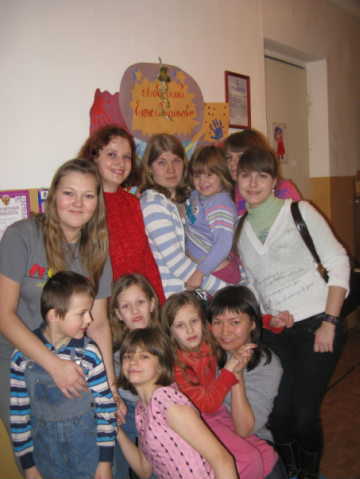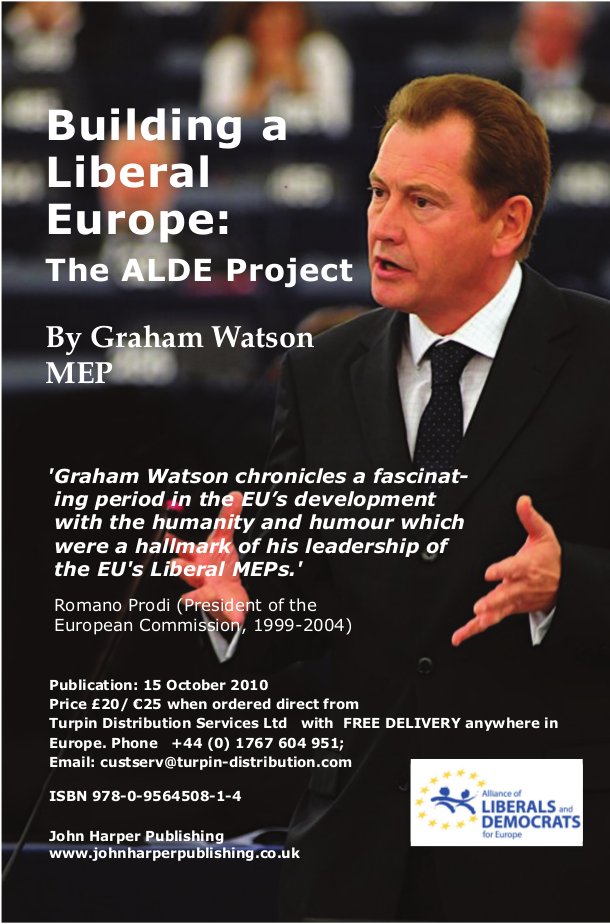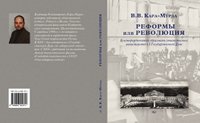Run-off against Putin would be ‘success’, say opposition
 EUobserver, By ERIC MAURICE, AMSTERDAM, 7. DEC
EUobserver, By ERIC MAURICE, AMSTERDAM, 7. DEC
As Vladimir Putin announced on Wednesday (6 December) that he will run again for president of Russia next year, the liberal opposition hopes to force him into a run-off, and trigger demands for more democracy.
“It would be very important to achieve a second round,” Emilia Slabunova, the chair of the Yabloko party, said in an interview.
“This is our goal, even if it is a very difficult thing to do in such a situation,” she said, adding that getting “as much votes as possible” would help the opposition “influence other developments”.
She said that if Yabloko’s candidate, the party’s founder Grigori Yavlinski, obtained 10 million votes in the first round, it would be “a success”.
It is the third time that Yavlinski is a candidate, after running against Boris Yeltsin in 1996 – he obtained 7.3 percent of the votes – and Putin in 2000 – getting 5.8 percent.
In the last presidential election, in 2012, over 109 million voters were registered.
Slabunova, who is a member of the parliament in Karelia, a region close to the border with Finland, spoke to EUobserver at the congress of the European liberal Alde party in Amsterdam, three days before Putin officially said he would be candidate for a fourth term.
She said that the election, which be held in March, was crucial for the political evolution of Russia.
She argued that the system put in place by Putin “cannot be reformed” and that political and economic reforms can happen “only by changing the government by elections”.
“A change of power through a democratic process is very important for us,” she said.
For now, she said, Russia is “in a deadlock”.
“The general situation is quite hard because we are experiencing a systemic crisis, which is a social, cultural, economic and managerial crisis,” she explained. “It is an anthropological crisis.”
‘A sauce of fake democracy’
She pointed out that after 18 years of Putin in power, the “sole principle” on which Russian institutions are based is “whether you are loyal or not” to the leader.
“Institutions don’t work,” she noted. “There is no division of power.”
“Law is enforced only to safeguard the regime, courts are not independent and elections have ceased to be real elections,” she said. “All this is cooked in a sauce of fake democracy.”
“We should stress there is a quite significant part of the population that is asking for change,” Slabunova said, however.
She pointed out that Putin has started to “talk about reforms” because “the demand for change has become more visible”.
But she insisted that to change the system, the political elites who run it would have to “change their rules and their values. And so far, Putin and the elites are “interested only in safeguarding their power.”
“Politics has killed our economy,” she said.
“Many people say that we need economic reforms, we say we won’t be able to do them unless we solve our political problems,” she argued.
“There should be other people in government, with absolutely other values and different goals,” she insisted.
Mobilising the ‘sofa party’
The Yabloko chair criticised Alexei Navalny, a blogger and anti-corruption activist who is running an election campaign but might be prevented from being a candidate because of previous convictions for organising meetings.
“He is working for his political perspective,” she said.
She noted that another potential candidate against Putin, Ksenia Sobchak, “is obviously not an independent person.”
She said that by pushing Sobchak, a 36-year old TV personality who is the daughter of Anatoly Sobchak, one of Putin’s political mentors, the Kremlin was “testing voters attitudes.”
“The presidential administration is trying to distract attention from Navalny, and to mobilise what we call the ‘sofa party’ – voters who usually abstain from voting because they say that their vote will change nothing,” she pointed out.
Asked whether the EU was doing enough to help democratic forces in Russia, Slabunova said that EU sanctions were actually “benefiting” Putin’s government.
“The EU thought that sanctions would help democratisation, but we can’t say that,” she noted.
She explained that the sanctions, and moreover Putins’s sanctions on EU agriculture products, “made the situation much worse for the people but did not change the behaviour of our politicians.”
“They have switched to mobilising mechanism: they have mobilised the population to be behind the government against international foes,” she said.
The Putin opponent argued that “the greatest help” the EU could bring to Russian democratic forces was to “strengthen democratic institutions in the EU”.
A stone on Russia’s feet
“The success of European democracies would be a very good model for Russian citizens, who can be inspired, and it would be a great obstacles for populists,” she said.
Slabunova also insisted that Europe should not antagonise Russia itself, which she insisted is different from the Putin regime.
“The EU will survive in the global economic competition against all other actors, such as the US and south-east Asia ‘tigers’ only together with Russia,” she said.
She insisted that “despite the strange actions of our present political regime we have to think ahead because Russia has always been and will always be a European country.”
She asked the EU not to let Russia follow Putin’s ‘special way’.
“There is no special way, there is a European road of development,” she insisted.
Looking at the March election, she noted that “if we have Putin for another term, we can hardly speak about any optimism”.
“He is a stone on the feet of the Russian nation. And having Russia in such a situation will affect Europe too.”
Source https://euobserver.com/foreign/140186
Posted: December 8th, 2017 under Presidential elections 2018.









